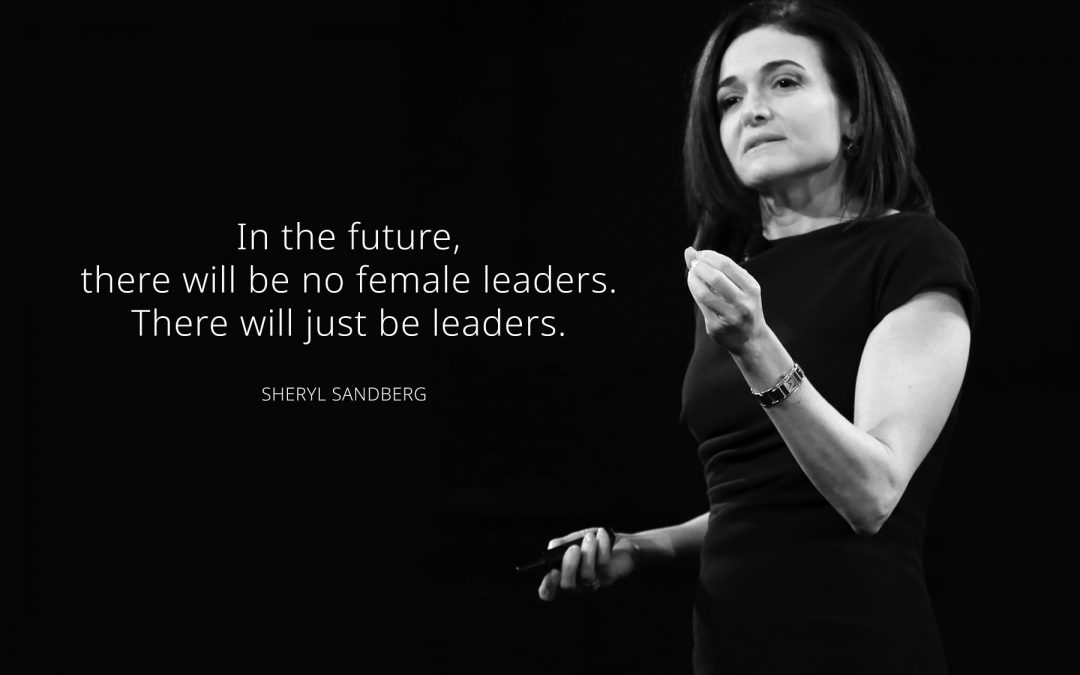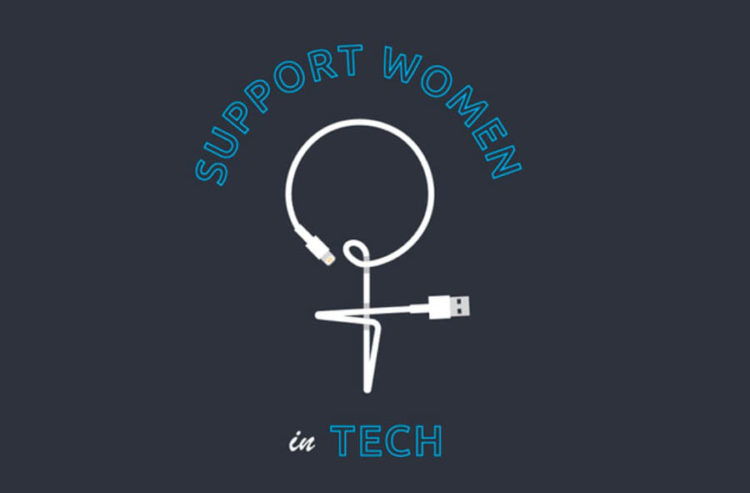
More and more women are steadily joining the field of science and technical professions in Kenya. This is raising hope of bridging the gender gap in a segment skewed in favour of men.
In 2017, there were 21,400 professional women employed in the science and technical fields. This represented a jump of 10.88 percent from the previous year, even though their male counterparts were still more than double at 52,400 professionals.
“Things have really changed. More women are getting into Science, Technology, Engineering and Math (Stem). They are getting more into IT and maybe some into engineering. There is actually the will and the drive from women to get into this industry because it is only us who can create an environment to accommodate ourselves,” says chemical and process engineer Emmy Soy-Butaki.

Still, more needs to be done to expose women to opportunities in Stem fields. As a software engineer at Mark Zuckerberg-backed start-up Andela, Joan Ngatia today works with a company in New York city to build websites and applications that are on the cutting edge of the technological space, which can be used by millions of people everyday.
“I stumbled upon my current field of practice merely as an extension of the previous job that I had. I am initially trained in Geospatial Data Sciences so in my work while trying to handle a couple of queries and interacting with several software I thought this is something I could do,” says Ms Ngatia.
“I started learning Python on the side during my breaks at my old office. In programming there is an exact flow to how things came up similar to how we do things in real life. If you want to make a cup of tea there are all these steps you need to follow so programming in the same way has all these steps that you need to add sequentially to get your desired result and that interests me,” says Ms Ngatia

However, even after women work to secure the requisite education to work in Stem fields, they are having a hard time getting employed in the industry.
Some women reported that male employers demand sexual favours to offer them job opportunities in the field, reflecting sexual harassment claims that plagued the industry in 2017.
Discrimination in the workplace is also evident in a discrepancy in salary. Data on Kenya’s gender pay gap shows that only 28,072 women earn more than Sh100,000. In comparison, men in the same income bracket are more than double that number at 48,733.
Increased literacy and retention rates of women within the education system could also be a trigger for the increased entry into the Stem sector.
Data by the Kenya National Bureau of Statistics shows that although the annual intake of boys in Standard One is still higher than that of girls, more boys drop out in the eight years of primary school calendar. In 31 counties, the completion rate for girls is significantly higher than or at par with boys.

Linda Kemoli who worked as a camp counsellor and supervisor for a technology workshop for teenagers called Tech Republic says: “I found there was actually balance between the male students and female students. You find that the girls were also very proactive and creative in terms of the solutions that they built in things like storytelling and game production. In fact, we conducted a competition and it is a girl who won and she got a tablet and an opportunity to be trained further.”
Women in the different sectors, however, decry their treatment within the education system.
“In a class of about 60, we were 10 of us and every time we had group projects to work on, you would notice that you weren’t expected to do actual practical heavy lifting. The boys would hurdle among themselves and insist on setting up the equipment,” says Ms Ngatia
Awori who was the first African to get a Masters in Human Computer Interactions from Carnegie-Mellon University (CMU) before earning her PhD in Melbourne says although she did not experience much discrimination within the academic bubble, today people are prone to disbelieving her academic qualifications when she introduces herself as Dr Awori.
“When you get the title doctor, that is when people try to really undermine your PhD, and it is not that getting a phD in a field like sociology is not a good thing but the title doctor on a woman with a PhD in computer engineering comes with a whole gamut of experiences, mostly positive but some of them are negative,” says Awori.
In a country where a significant number of the best funded technology start-ups are led by foreigners, it is interesting that many women point out discrimination by foreigners because of their race.